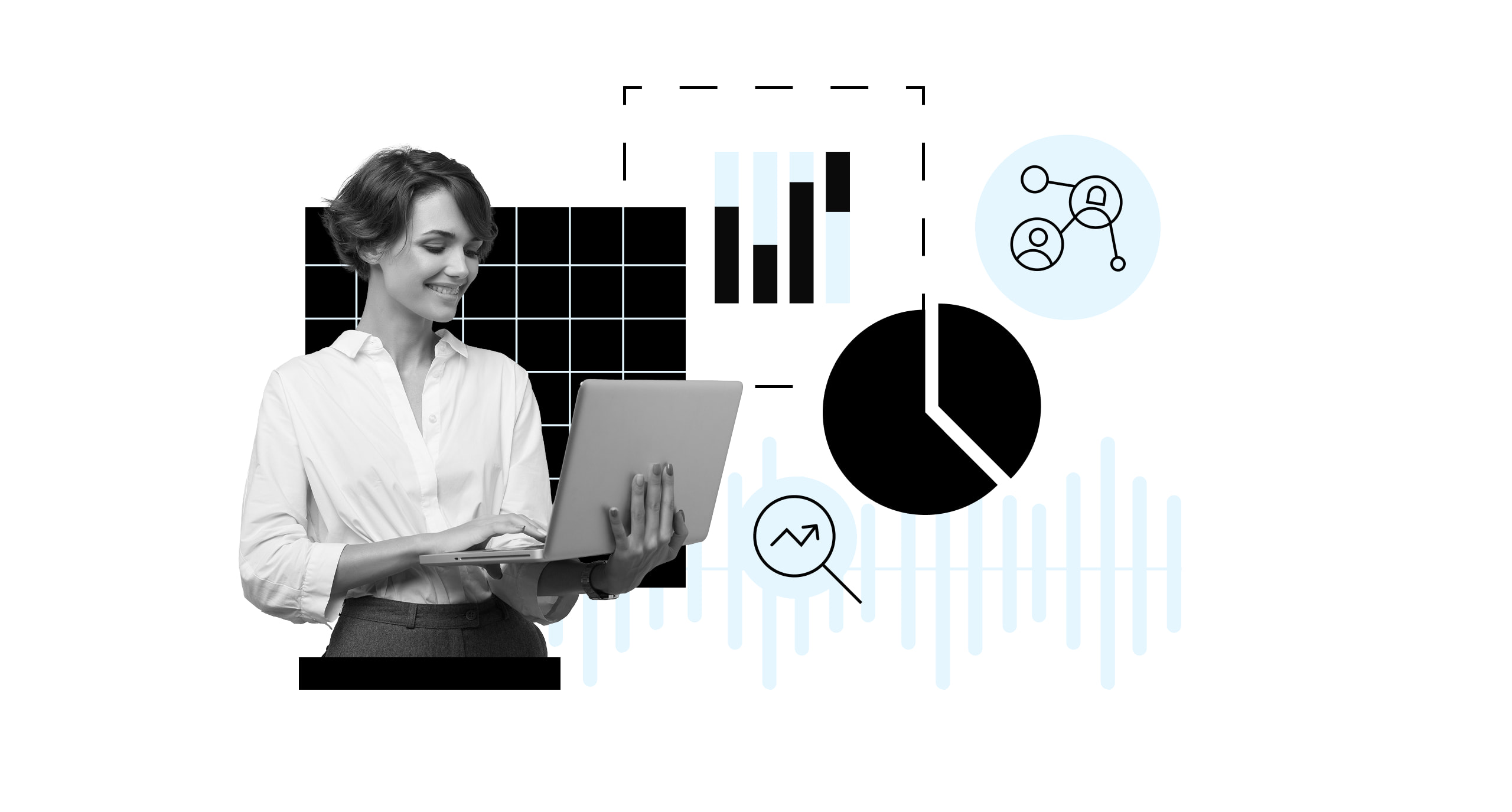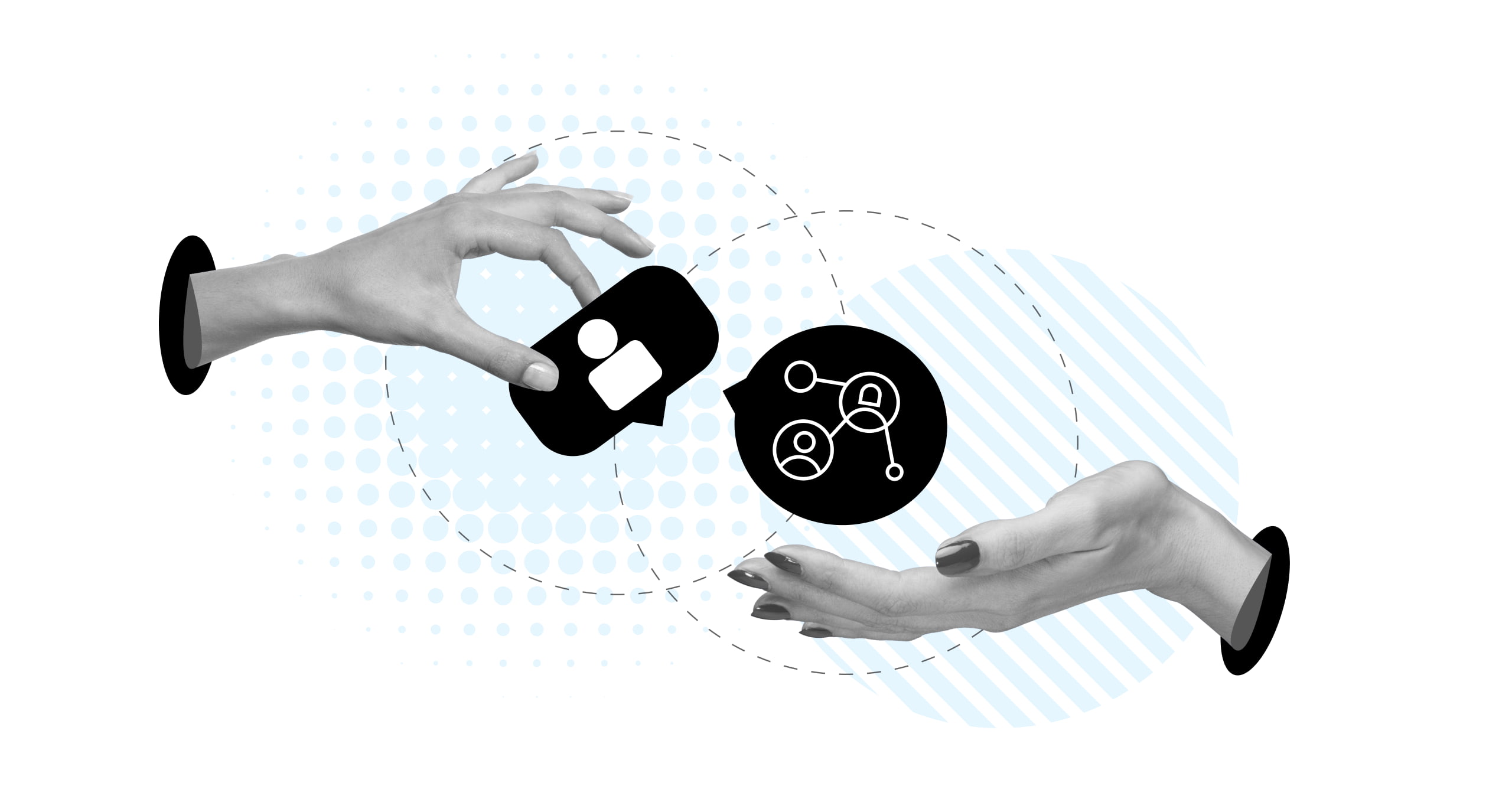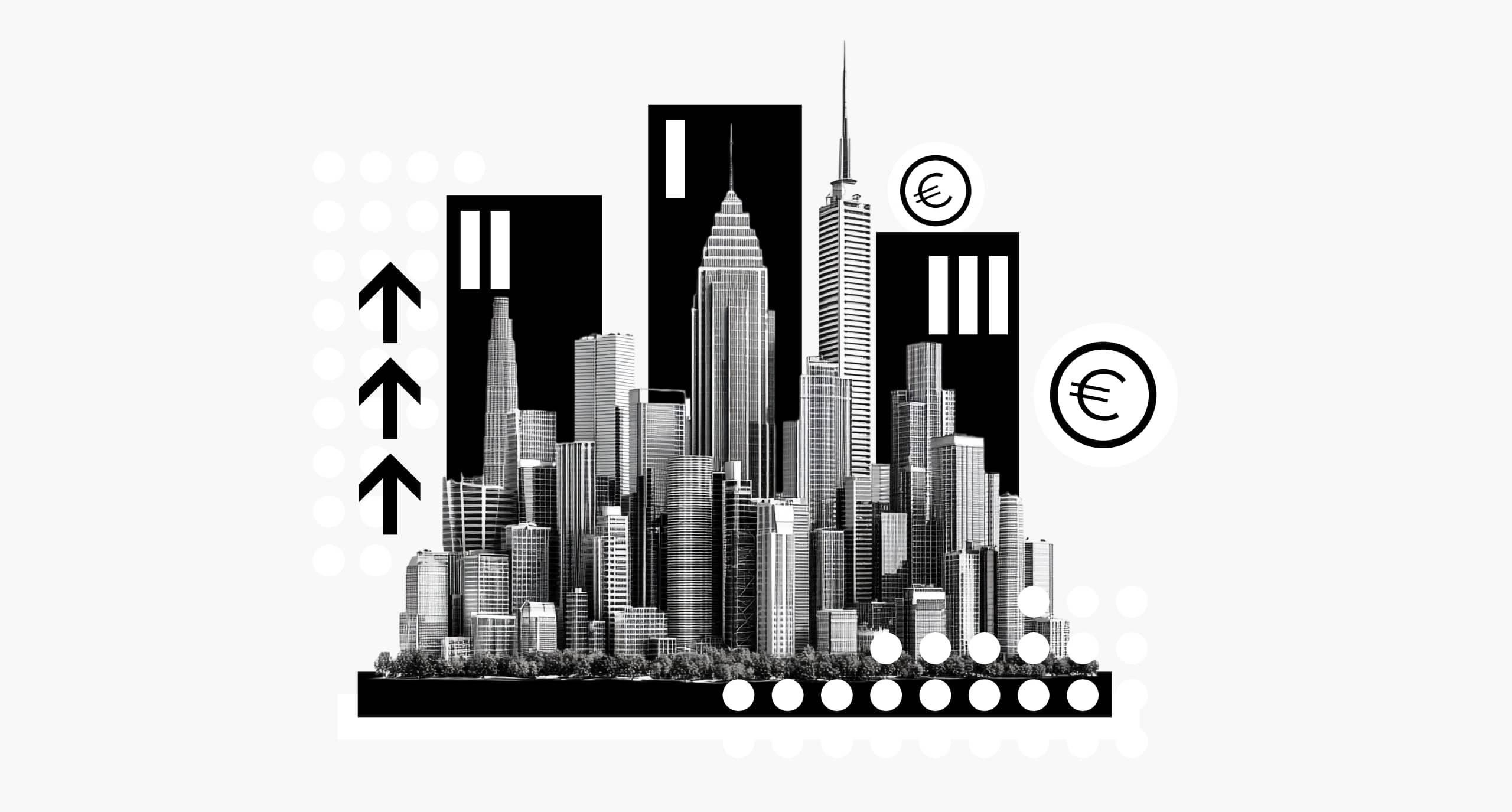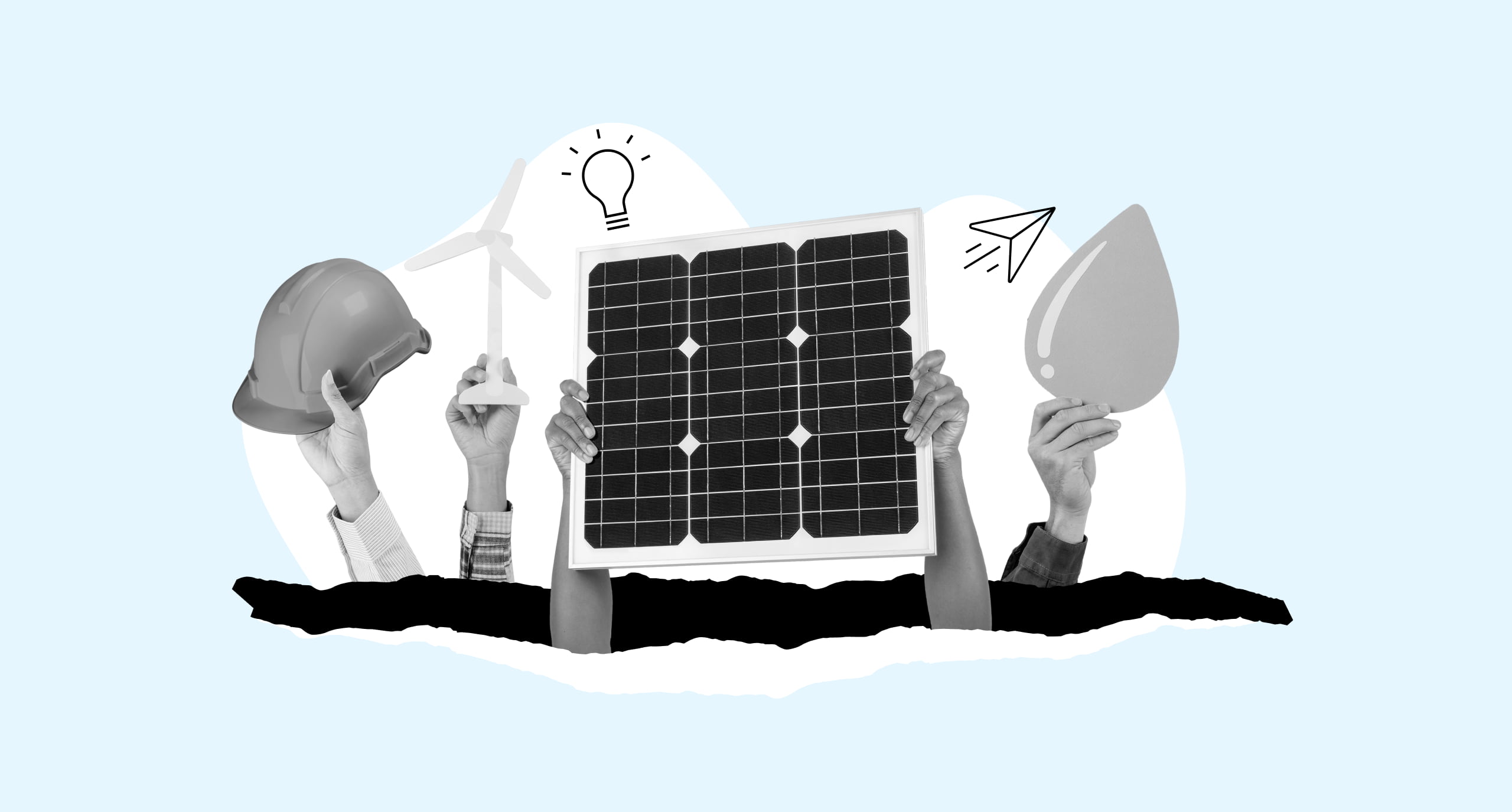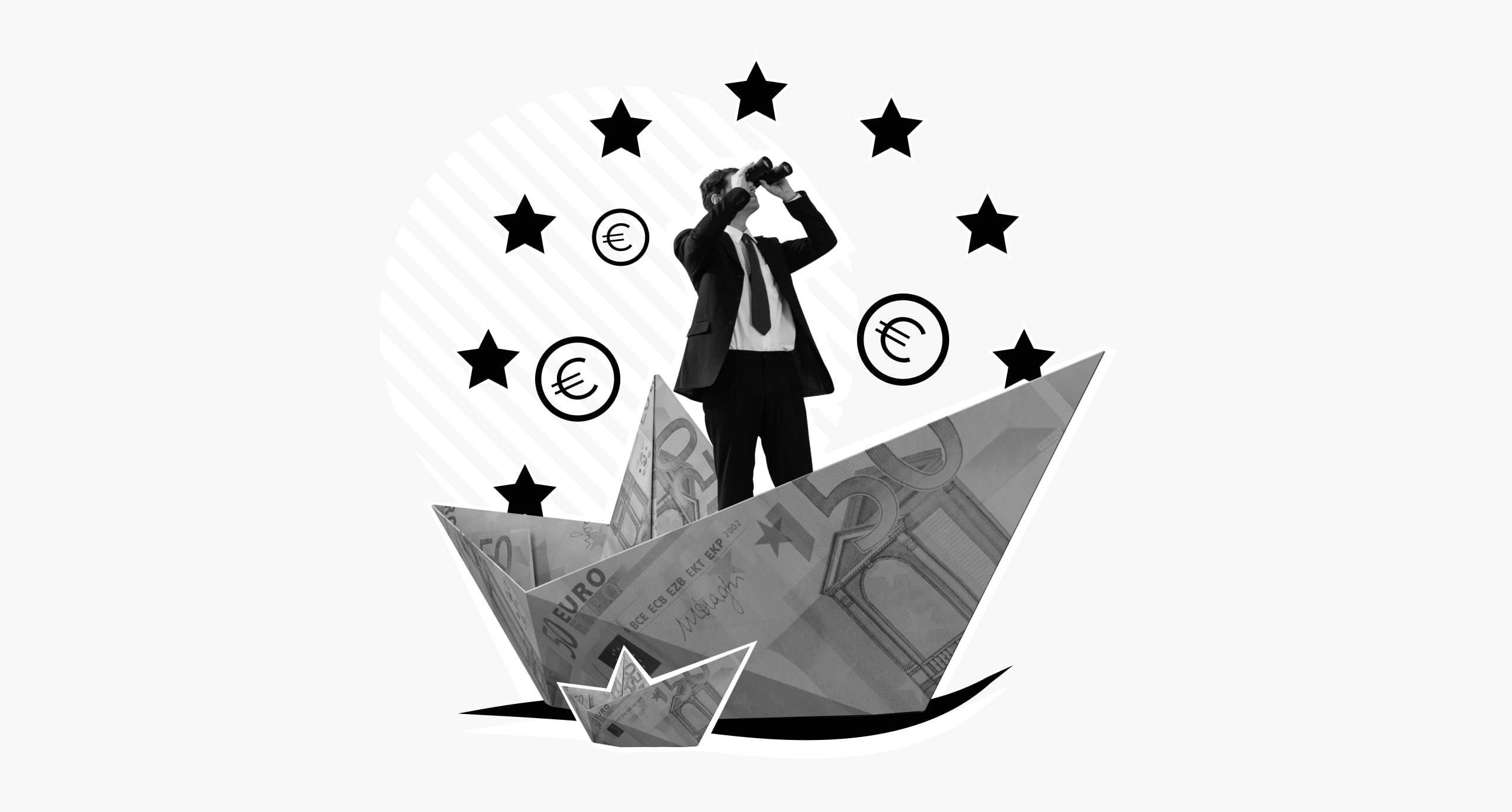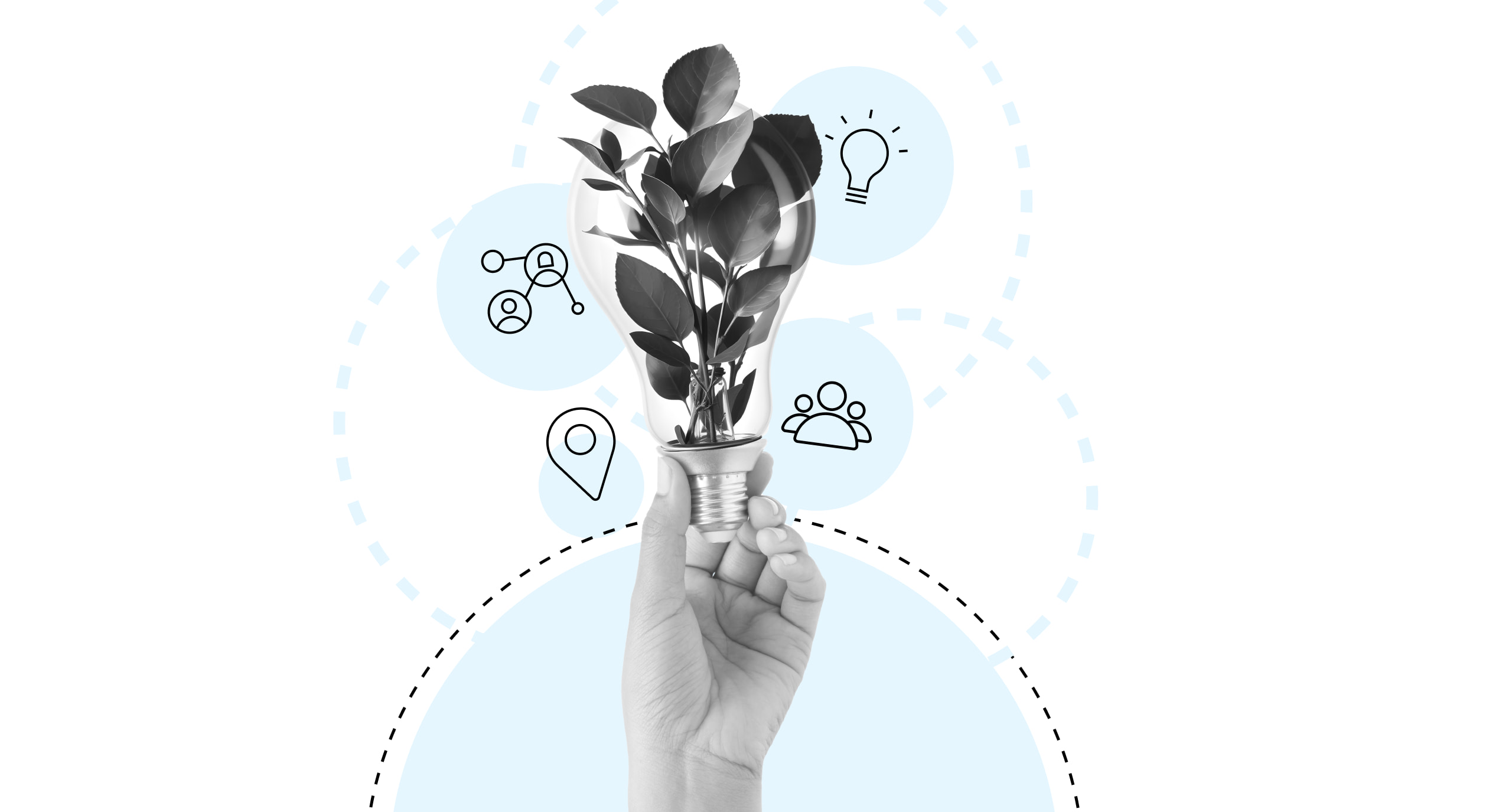There was a time when, five days a week, commuters would rise at five in the morning to catch a train into the big city and go to work. Well—no, it’s not totally a thing of the past. But the restrictions of in-person work are gradually lifting as the world shifts to a new culture of labor. The future of work is digital—and this year alone has seen us take great leaps to a total transformation.
Let’s discuss remote work trends, the emergence of AI, and the future of work in a digital economy—with a focus on why public policy will need to adapt to change.
What are the emerging trends in remote work?
Remote and hybrid work models are the most obvious shift. Since the pandemic, global workforce transformation has seen a digital shift across industries. In 2024, four years after, remote workers in the US check in at around 14%. So it’s no fad.
Some major companies like Amazon are doubling down on full office returns. But most businesses now face pressure to adapt. Surveys show workers—especially younger, higher-earning professionals—value flexibility and are willing to trade salary for remote options. In fact, 92% of people born between 1980 and 2000 view flexible work as a top priority when choosing a job. As such, some 75% of business leaders reported resistance from employees to post-pandemic office returns. Leadership styles are changing as a result, with a focus on “green flag” managers who value outcome over presence.
What is the rate of remote working in 2025?
The current state of affairs bodes well for hybrid workers. This year in the US, remote jobs accounted for more than 15% of total opportunities. But, in truth, is working from home more productive?
It depends on how and where it’s implemented. Studies show that remote and hybrid work can boost productivity by 13%. Employees often report fewer distractions, better focus and time savings from commuting. And with the US economy losing more than $226 billion each year due to employee sick days, the flexibility of remote work can help overall economic output.
Remote work trends 2025
With the benefits of these new models in mind, let’s take a look at 10 remote work trends that are facilitating the big shift with technology, leadership and human resources.
1. Rise of hybrid work
Most companies now blend remote and office work, offering flexibility while maintaining in-person collaboration.
2. VR/AR tools
Immersive tech is enabling more lifelike remote teamwork and training across industries.
3. IT Support with remote access
Secure, real-time support tools are critical to keeping distributed teams productive and protected.
4. Globalized talent
Employers are hiring across borders, enhancing innovation and enabling 24/7 operations.
5. Cybersecurity
Threats are rising with an increasingly digital economy. As such, multi-factor authentication, zero-trust frameworks, and employee training are becoming standard.
6. Well-being
Companies are prioritizing wellness through flexible schedules, virtual support and anti-burnout policies.
7. Reskilling & upskilling
Continuous learning in both digital tools and soft skills is key to staying competitive in a remote-first world.
8. Sustainable work
Remote work reduces emissions. So, businesses are adopting eco-friendly policies and supporting green home offices.
9. Decentralized workspaces
Remote work hubs and flexible office spaces are replacing centralized HQs, balancing flexibility with collaboration.
10. AI and automation
Tools for scheduling, project management and IT support boost efficiency and reduce friction in remote workflows. In fact, on the topic, let’s dive a little deeper into AI and the future of work beyond hybrid models.
How will AI change the future of work?
Since AI is considered a general-purpose technology—like electricity or the steam engine—its potential to transform the global economy is massive. Automation and its impact on employment shouldn’t be understated, since companies and employees can lighten their load from repetitive, data-intensive tasks. So the future of work will focus more on creative, interpersonal and strategic responsibilities. “What I think AI is most valuable for is supplementing human judgment, particularly in instances when the stakes are high, but there are not clear-cut answers,” said David Autor, an MIT economist, in a recent panel discussion hosted by Northwestern University.
At the same panel, Eric Horvitz, chief scientific officer at Microsoft, said we’ve “barely scratched the surface on human-AI collaborative possibilities.” Automation and employment don’t necessarily need to be at odds with one another; there may be forms of work that preserve human agency and can be assisted by AI. Autor echoed this perspective, warning against a “failure of imagination” in thinking about the future of work. AI’s greatest impact may not be in doing current jobs more efficiently, but in enabling entirely new kinds of work that were previously unimaginable—just as the rudimentary Apollo Guidance Computer, he noted, made space travel possible.
Beyond the labor market, AI holds enormous promise in high-impact areas like healthcare, education and environmental science.

There will be AI-powered breakthroughs in drug discovery and biomedical modeling, though these benefits won’t be automatic. They’ll be instilled by forward-thinking, technical public policy. With thoughtful intervention in governance, AI and the future of work could create many more opportunities.
What is the digital economy?
You’ll be hearing a lot more about the digital economy as work becomes more remote. The digital economy, in short, involves all economic activity derived from the production and consumption of digital goods and services, and the application of digital technologies to traditional industries. It’s relevant to wrok trends because technologies like AI, cloud computing and real-time collaboration platforms are restructuring industries by creating new roles and business models. This shift challenges traditional governance frameworks, as work becomes less place-bound and more decentralized across borders and time zones.
Naturally, the digital economy enables more access to global talent and enhanced productivity. But it also raises questions about data governance, cybersecurity, equitable access to digital infrastructure and the need to future-proof the workforce through reskilling and lifelong learning. The divide between workers who can access digital opportunities and those left behind is becoming a major area of concern—one that requires coordinated policy responses.
Governance in the digital economy must evolve to match technological change.
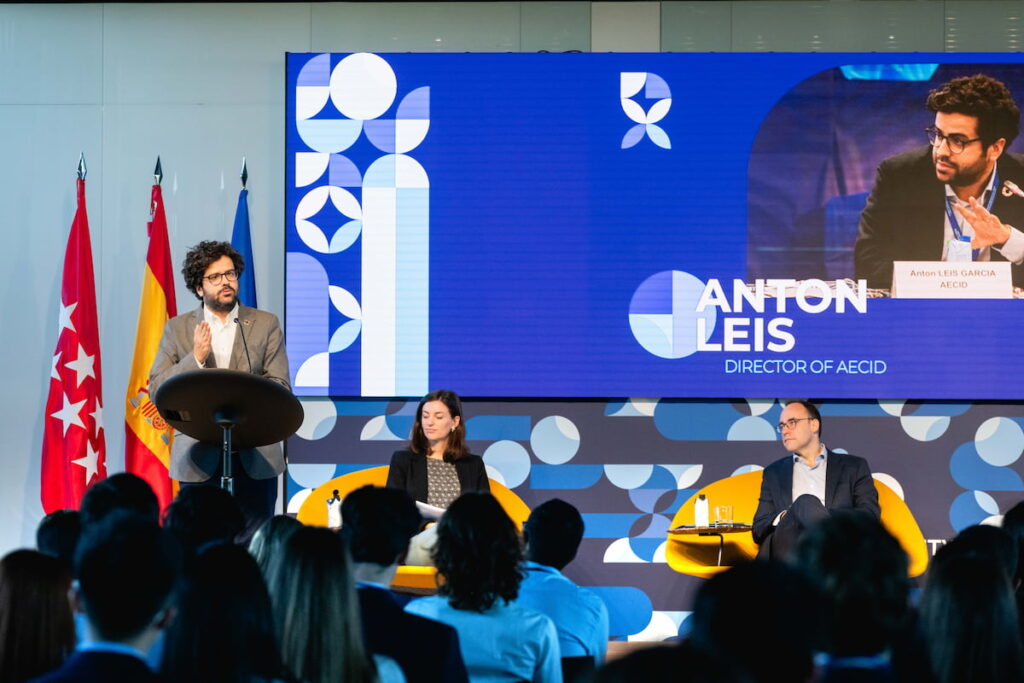
This includes rethinking labor regulations, tax systems, social protections and privacy standards to reflect the realities of digital and remote work. As employers navigate this shift, governments will play a crucial role in shaping inclusive digital ecosystems, supporting innovation while ensuring fairness, security, and access. The future of work is inseparable from the digital economy—and how we govern it will determine who benefits.
How to prepare for the future of work?
Now, as global workforce transformation begins, we need governance that will help us get there. The future of work will depend on digital fluency, policy innovation and the ability to adapt to emerging technologies. If secure and flexible systems can be built with an inclusive and human approach, then workers and businesses will feel the benefits. If not, then nations will fall behind, workers will become obsolete, and data insecurity could lead to major economic disasters.
Initiatives like the World Economic Forum’s Future of Jobs highlight the importance of foresight and collaboration. Through scenario planning, industry-specific roadmaps, and policy recommendations, the project aims to guide both public and private sectors in managing workforce transitions responsibly. It encourages businesses to adopt tools for workforce planning and employee development, while governments must modernize education systems and labor regulations to match the pace of change.
To meet this challenge, IE School of Politics, Economics & Global Affairs has reimagined its academic offering with the Master in Technology & Global Affairs.
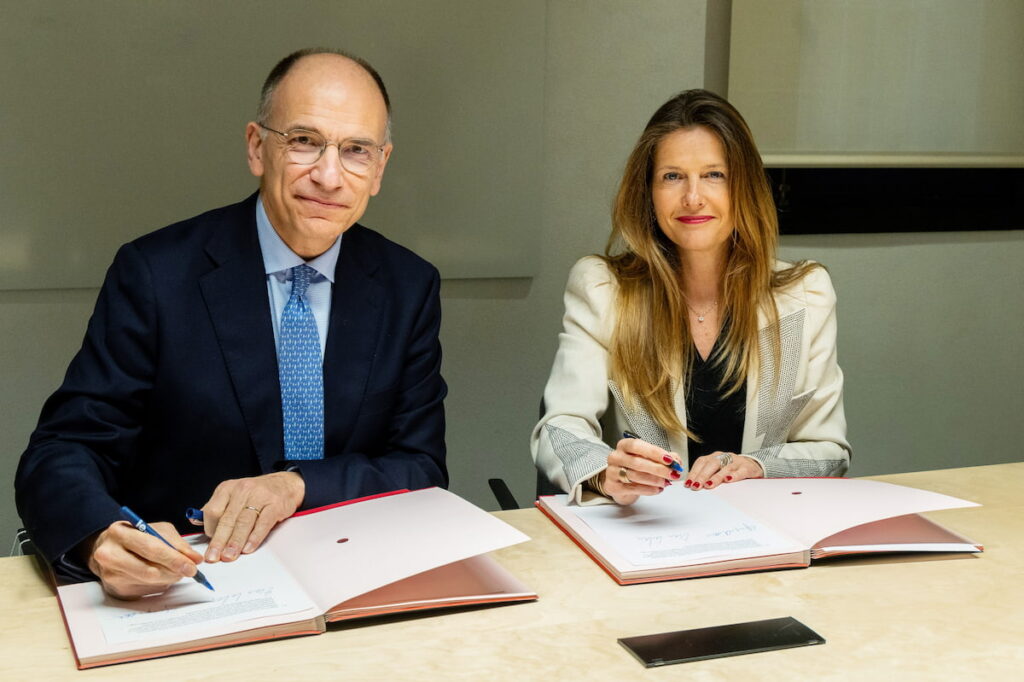
This program prepares students to lead at the intersection of governance and technological disruption. It blends international relations, domestic policy, and advanced tech knowledge—covering fields like AI, cybersecurity, blockchain, and biotech—to train the next generation of global policymakers. With strategic partnerships with organizations such as GESDA, Google, and the United Nations’ ITU, students gain direct access to world-class experts, cutting-edge research, and real-world experience.
Want to make an impact in policy? Want to design ethical AI regulations, navigate the geopolitics of data, and lead digital transformation in government? Find out more about why the Master in Technology & Global Affairs is the right step forward in your career.
Play a part in the future of work with IE School of Politics, Economics & Global Affairs
Discover how are Master in Technology & Global Affairs positions you at the forefront of careers in modern governance.

Benjamin is the editor of Uncover IE. His writing is featured in the LAMDA Verse and Prose Anthology Vol. 19, The Primer and Moonflake Press. Benjamin provided translation for “FalseStuff: La Muerte de las Musas”, winner of Best Theatre Show at the Max Awards 2024.
Benjamin was shortlisted for the Bristol Old Vic Open Sessions 2016 and the Alpine Fellowship Writing Prize 2023.

